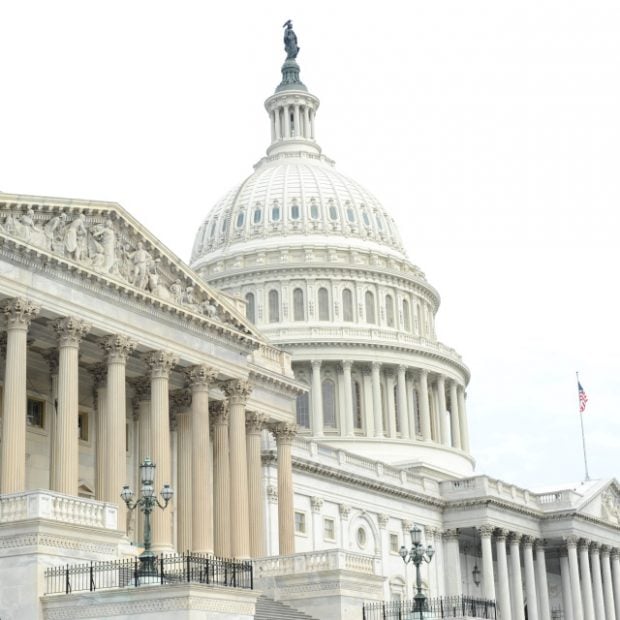 Credit/Adobe Stock.
Credit/Adobe Stock.
On Tuesday, the Senate Homeland Security Permanent Subcommittee on Investigations held a hearing that focused on the P2P digital payments network Zelle – a common payments partner for many credit unions across the country. The purpose of the hearing concerned fraud on the Zelle Network and potentially expanding the reach of the Electronic Fund Transfer Act (EFTA)
Hours ahead of the hearing, America's Credit Unions President/CEO Jim Nussle filed a letter with subcommittee members to express his concerns about discussions of legislative proposals to expand the liability for financial institutions under the EFTA.
Recommended For You
"Credit unions are significantly smaller than banks and are particularly sensitive to new regulatory expectations that alter financial institution liability under the Electronic Fund Transfer Act (EFTA) and Regulation E," he wrote. "Furthermore, a large share of fraud originates outside of the financial sector with criminals targeting online marketplaces, cryptocurrency investments, and other forms of nonregulated exchange – all domains of commerce that credit unions do not control. Accordingly, legislative proposals to expand financial institution liability under EFTA to further encompass fraudulently induced transfers initiated by a consumer are deeply concerning for our members."
 Jim Nussle
Jim Nussle Nussle wrote that Zelle has become an important resource for many credit unions that don't have the resources to compete with the larger financial institutions. Additionally, Nussle stated there are currently a framework of laws and regulations to protect consumers from fraudulent transactions and asked the subcommittee to instead "explore solutions that adhere to legally sound interpretations of EFTA. Ideally, such solutions should aim to prevent fraud before it occurs and should include bolstering the resources of law enforcement, educating consumers about fraud and scam risks, and creating a level playing field between insured depository institutions and under-regulated companies."
In the letter, Nussle added that Zelle credit union participants currently go beyond what is required by the EFTA and Regulation E by providing special reimbursements, and Zelle adopted a new policy requiring participant financial institutions to reimburse claims arising from transactions involving imposters claiming to be from a government agency, bank or existing service provider in 2023.
"EFTA was designed to strike a balance between the financial institution's role in preventing unauthorized transactions and the individual's responsibility to exercise sound financial judgment over authorized transactions," Nussle wrote. "To effectively combat fraud while providing members with convenient and affordable payment options, credit unions must have confidence that longstanding limits on financial institution liability will not suddenly change when conduct outside the industry's control evokes political concern."
© Touchpoint Markets, All Rights Reserved. Request academic re-use from www.copyright.com. All other uses, submit a request to [email protected]. For more inforrmation visit Asset & Logo Licensing.







